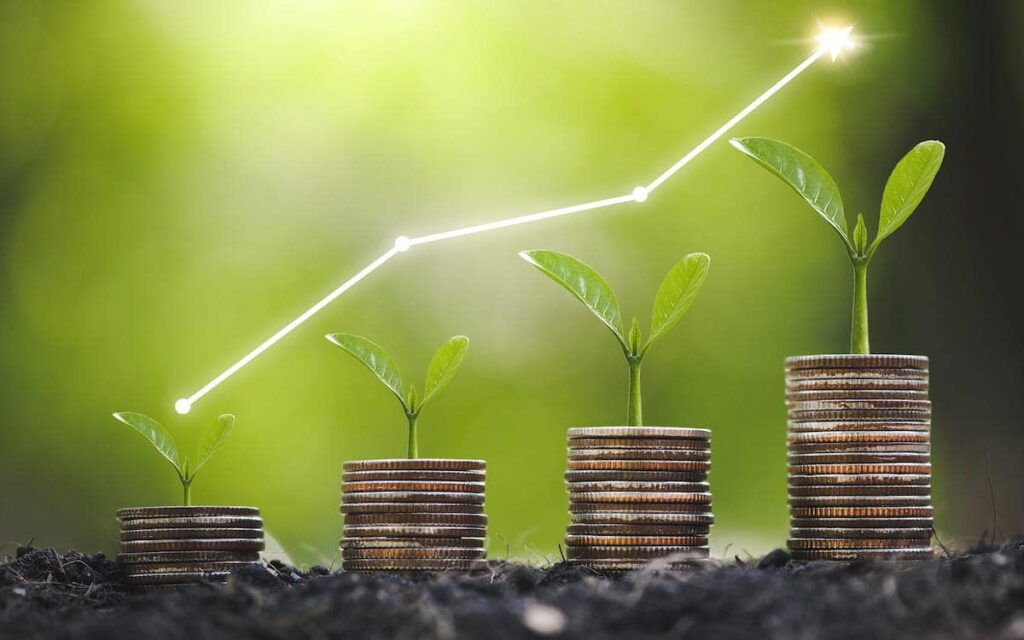Hybrid and mixed finance is the main lever for sustainable development in Africa, stated Brahim Benjelloun Touimi, Deputy General Manager of Bank of Africa (BOA), on Tuesday in Casablanca.
Speaking at the third edition of the Sustainable Finance Meetings, Mr. Benjelloun Touimi called for the adoption of “hybrid and mixed finance that would be the result of a public-private partnership involving national, international, and multilateral institutions, while integrating ESG (Environmental, Social, and Governance) criteria.”
He also highlighted BOA’s early commitment in this area, particularly through “the creation of the BMCE Foundation for Education and the Environment since the privatization of the bank” and the signing, 25 years ago, of “the United Nations Environment Programme (UNEP-FI) charter,” making BOA “the first company in Africa” to join this initiative.
For his part, the general director of the ISCAE group, Tarik El Malki, noted that “the African continent records some of the highest growth rates in the world, with an average exceeding 5% expected in nearly half of the countries on the continent by 2025.”
Mr. El Malki reminded that despite this dynamic, “Africa faces an annual deficit of nearly 200 billion dollars to achieve the sustainable development goals by 2030,” emphasizing the crucial importance of impact finance as a lever for economic transformation.
In this context, he specified that “the impact finance market in the MENA region generated over 2 billion dollars in revenue in 2024, and is expected to reach 7 billion by 2030, with a high growth rate of nearly 20%.”
For his part, Christian de Boissieu, a professor at the University of Paris-1 Panthéon-Sorbonne, warned about the international context that could complicate the advancement of climate initiatives.
He mentioned “the U.S. withdrawal from the Paris Agreement” and the exit of the U.S. Federal Reserve from the Network for Greening the Financial System (NGFS), which would have a significant impact on climate initiatives.
On the sidelines of this meeting, a tripartite agreement aimed at strengthening the assessment of ESG frameworks was signed by Mr. El Malki, Mr. Benjelloun Touimi, and Dhafer Saidane, representing the AFN, marking a new step in the development of impact finance on the continent.
Organized by the ISCAE group in partnership with the African Finance Network (AFN), the National Center for Scientific and Technical Research (CNRST), the Observatory of Sustainable Finance, and BOA, this event aims to strengthen the reflection around the metrics for evaluating sustainable finance and its impact on the development of the African continent.
This edition of the Sustainable Finance Meetings gathered more than 100 scientific communications, of which about sixty were selected to be presented during the workshops. The best will be published in the AFN journal, “African Finance for Development Review.”
MAP


